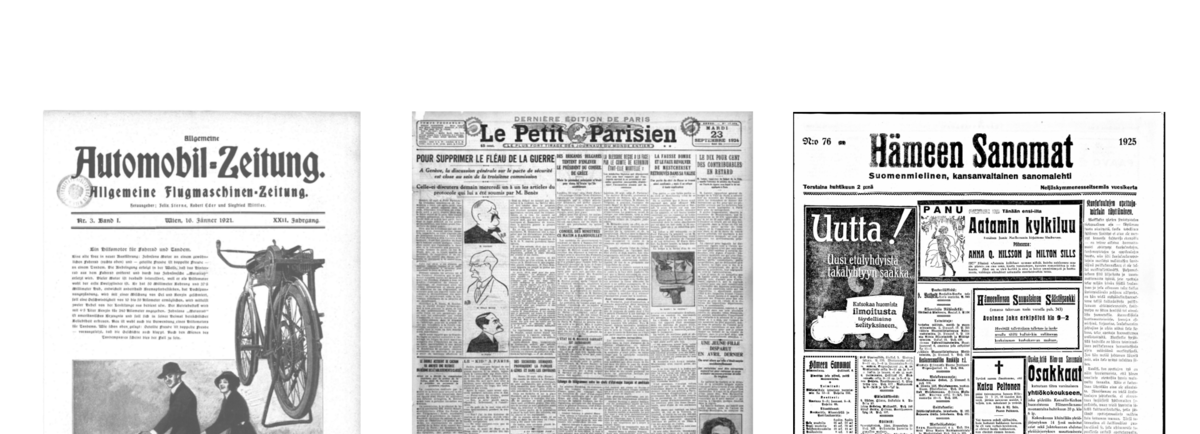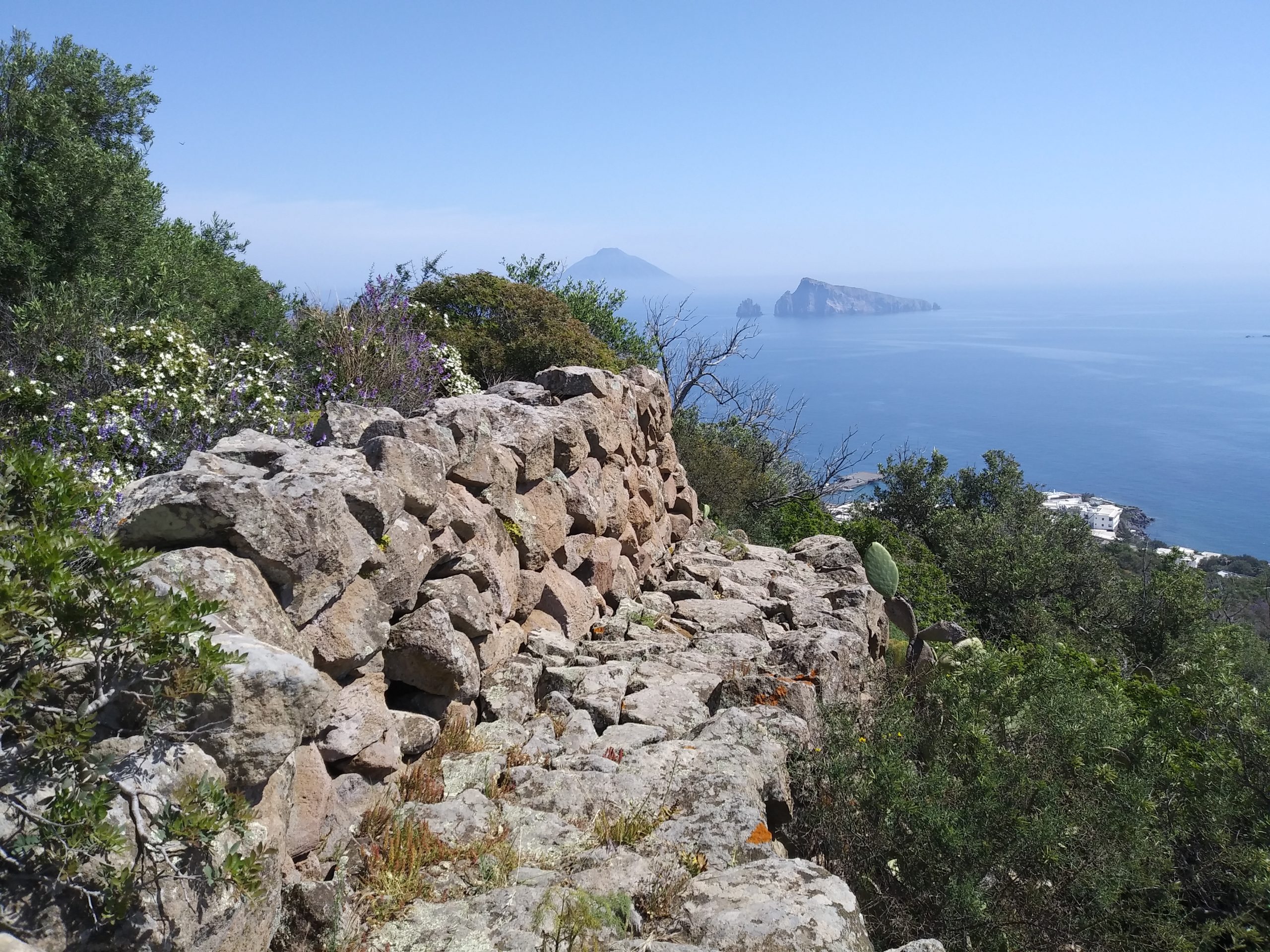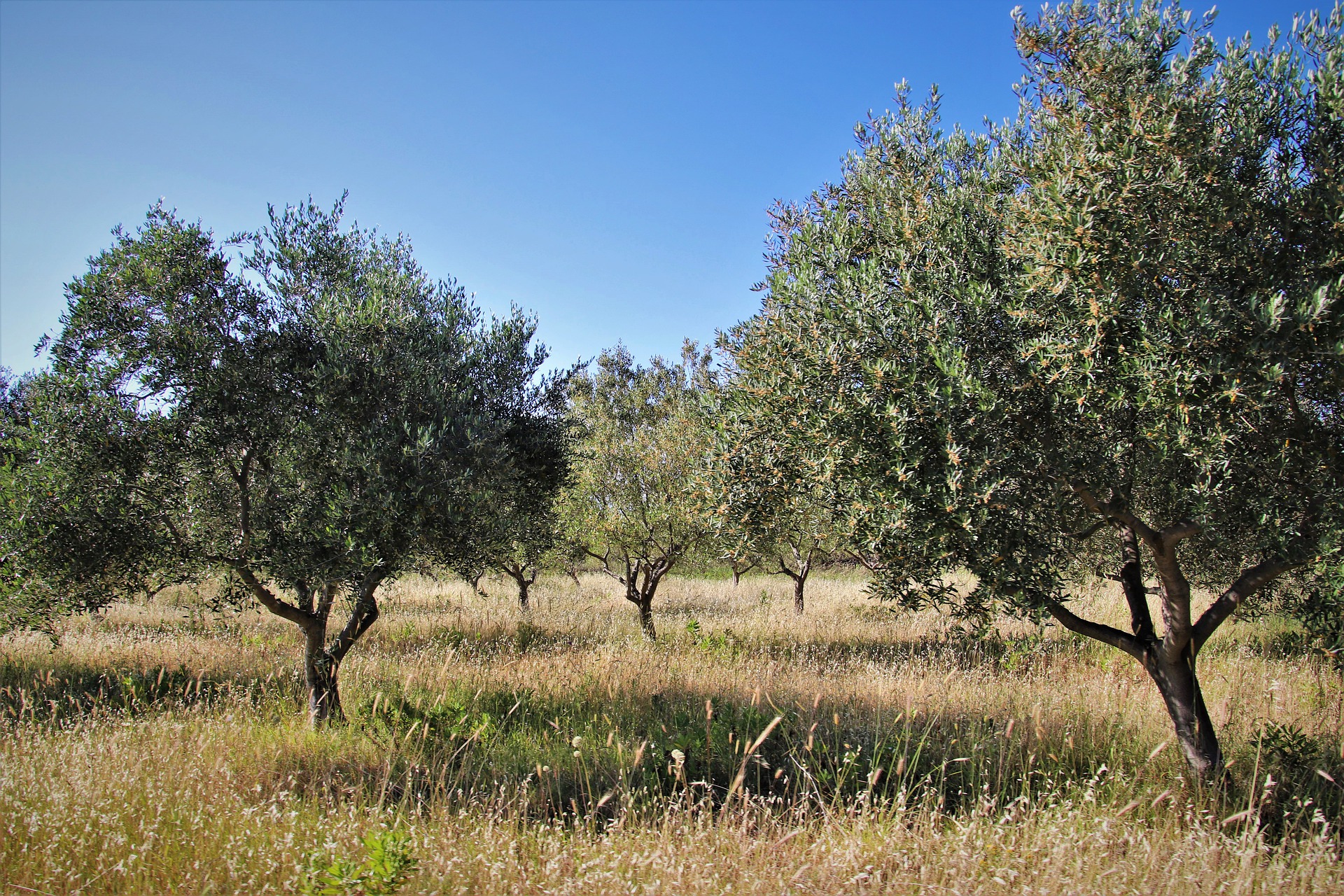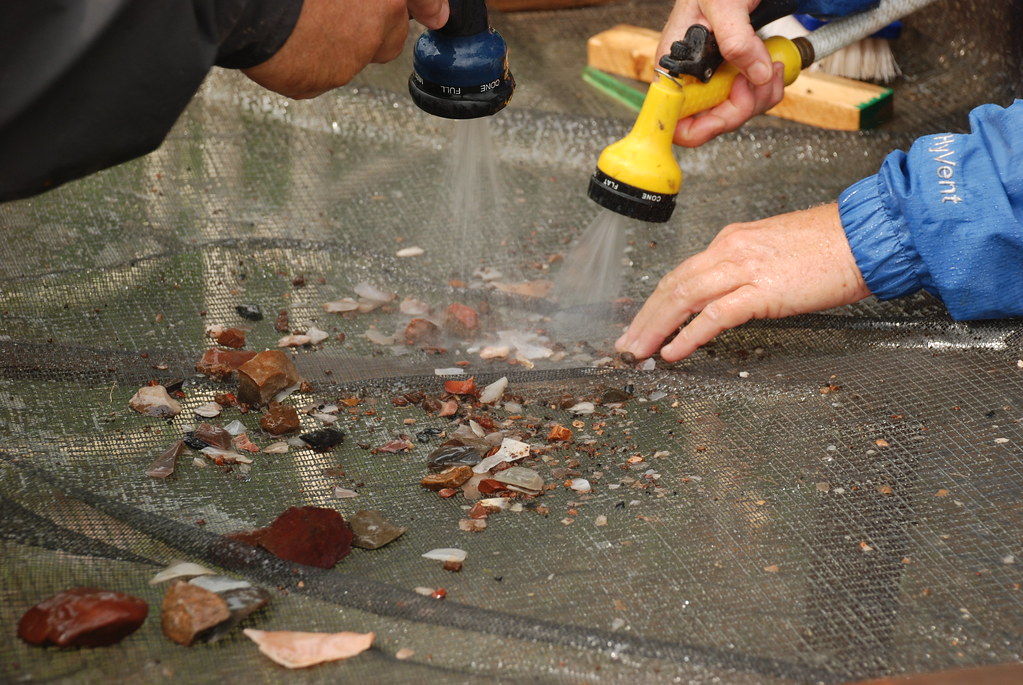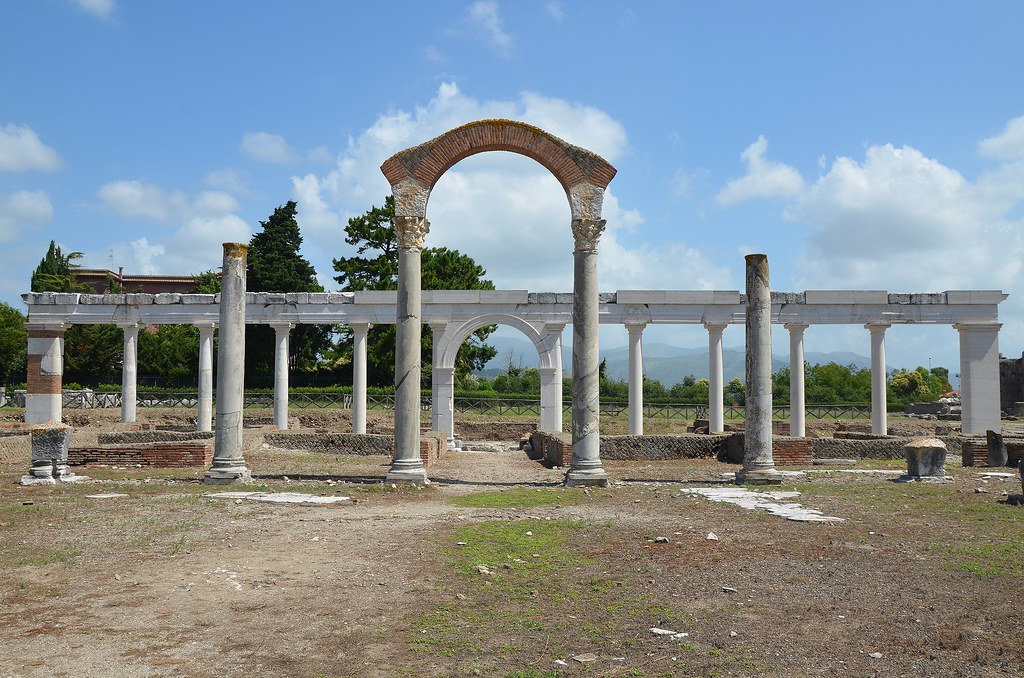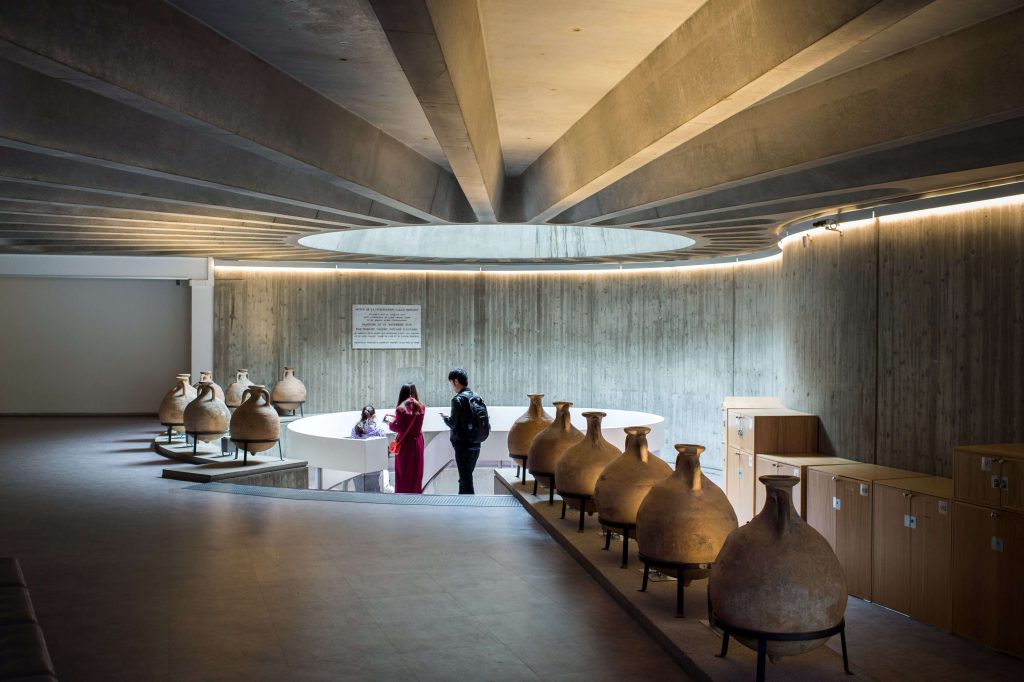
France
Research strategies and priorities in Cultural Heritage in France are defined by the government, to a large extent by the French Ministry of Culture. It is also develops programmes and provides funding in the field. While the ministry does not have any specific strategy or priorities for Cultural Heritage, the Ministry of Higher Education and Research (MESR) supports research in relation to Cultural Heritage through its various programmes and funding opportunities together with affiliated institutions such as the French National Research Agency (ANR), the French Centre for Scientific Research (CNRS).
Research strategies and priorities
National level
In France, priorities for research in Cultural Heritage are defined at the government level, particularly at the level of the Ministry of Culture. It is responsible for a certain number of research, conservation and preservation laboratories , some shared with other institutions. The French Ministry for Higher Education and Research (MESR) does not have any specific priority for cultural heritage research.
In 2019, after France has taken over the running of the Joint Programming Initiative in Cultural Heritage (JPI CH), a “mirror group” (groupe miroir), composed of researchers from the different fields of cultural heritage and representatives of the major institutions involved in cultural heritage, was set up to discuss France’s priorities for the JPI CH and suggest research themes that could be funded through JPI CH call for proposals.
Regional level
The regional level is addressed through initiatives available within the Directions regionales des Affaires Culturelles(DRAC), which implement the Ministry of Culture’s cultural policies.
University Paris Nanterre stands out as a relevant French academic institution. The university has a dedicated research strategy for cultural heritage and several priorities defined, such as the perspective of social uses and (re-)appropriations, cultural heritage in connection with history and memory; cultural heritage and provenance/restitution/circulation issues; cultural heritage, redocumentation of collections and open access.
Programmes and calls for cultural heritage
The Ministry of Culture and the Ministry of Higher Education and Research provide funding opportunities to research dedicated or related to cultural heritage, in particular through some of its affiliated institutions, such as the French National Research Agency (ANR) and the French Centre for Scientific Research (CNRS).
ANR, the national project-based research funding agency, funds cultural heritage projects. Since the launch of the ANR 2022 Work programme and Generic Call for Proposal (AAPG 2022), heritage science is defined as a new multidisciplinary field of research including archaeology, history, computing, digital, environment, physics and chemistry. Within the ANR programmes, cluster D.5 “Arts, languages, literature, philosophies” and cluster D.6 “Studies of the past, cultural heritage and cultures” are open to proposals related to cultural heritage (cf. AAPG 2024). In addition, cultural heritage topics may also be funded through specific calls, such as the French-German call in Social Sciences and Humanities entitled “FRAL”, the Investments for the Future programme (PIA), the Equipment for Research programme (Equipex), the Initiatives of Excellence (IDEX) / the Initiatives Science-Innovation-territory-Economy (I-SITE) and Priority Research Programmes and Equipment (PEPR).
At a European level, HERA and NORFACE R&I networks’ calls for proposal may imply a relevant, although not fully dedicated, cultural heritage dimension.
Patrimex is one opportunity for the funding of equipment and instruments for materials analysis, dating, restoration, conservation and archiving (particularly digital). The Investments for the Future funding programme (PIA) follows a top-down process: calls are designed by the Ministry, after consultation. In all Clusters of Excellence (LabEx) funded through the PIA, a “heritage” element is included, in addition to the organisation of internal calls for proposals where “heritage” can be addressed. The funding opportunities aim at fostering “Excellence in all its forms”. It comes from the discussion that a broad plurality of actions does exist.
The French Centre for Scientific Research (CNRS), through the Mission pour les initiatives transverses et interdisciplinaires (MITI), has implemented a call entitled “Nouvelles frontières de l’archéologie : connaissance et préservation des matériaux anciens”. The Réseau des Ecoles françaises à l’Etranger, the Institut national d’Histoire de l’Art (INHA), the French Research Centre based abroad (UMIFRE) and the Centre national du Cinéma et de l’image animée (CNC), are also mentioned as potential providers of opportunities. The Caisse des Dépôts – Industries culturelles et creatives proposes a call aiming at supporting the digital transition of cultural and creative industries: “Augmented live performance experience” and “Digitisation of heritage and architecture“.
University of Paris Nanterre’s themes are mainly developed within the Cluster of Excellence Pasts in the Present, in connection with the Maison des Sciences de l’Homme (MSH) Mondes and with major cultural institutions.
EU joint actions: state of the art and future opportunities
EU Work Programmes interactions with national/regional level
Because EU policies are designed for its 27 members, it is unlikely that France’s priorities could be all covered by EU joint actions.
University of Nanterre’s priorities – for instance – are not fully addressed by the EU priorities identified. The intangible side of cultural heritage seem to be missing, in particular the circulation, restitution, reuse of cultural heritage, which include the participation of local communities; social appropriations, versus cultural heritage policies and their impact in a global context; intangible heritage as such, connected with endangered cultural practices and growing “cancel culture”.
European actions’ added value
Nevertheless, EU 2021-2024 Work Programmes have an added value for cultural heritage research, and priorities mentioned as worthwhile to be addressed are as followed: history and contextualisation of heritage; plurality of cultural heritage, of languages, and their translation issues; contemporary challenges due both to the post-colonial and post-Cold War restitution issues; “Cultural Heritage and Politics” issue (different from Cultural Heritage Policies); Transnational cultural heritage, beyond international cooperation.
Other cultural heritage research areas would benefit from being addressed at EU level (rather than at national or regional level): Circulation, restitution, repatriation of cultural heritage, in connection, for example, with provenance studies; Slow Cultural Heritage (in connection with tourism, with digital innovation, etc.); Transnational cultural heritage against closed identities.
Further answers were provided, some dealing with the protection of cultural heritage. The Heritage Delegation of the Land Army (DELPAT) underlines some cultural heritage research areas to be addressed at EU level, namely: the implementation of the role of military personnel in heritage protection and civil-military collaboration in the field; Cultural Heritage Exploitation (CHX), and Illicit trafficking of cultural property, with a special attention to the origin of cultural goods entering the European area.
Looking ahead
In a broader sense, there are three-fold added value of joint EU actions, whether carried out through EU Work programmes or through initiatives such as the JPI CH: enable national researchers and research teams to develop transnational research projects; increase and diversify their collaboration at European and international level; and enable funding agencies – and through them successful researchers – to access EU funding. Addressing new dimensions (political, geopolitical, societal) of the notion of cultural heritage, in particular through an international cooperation, may constitute high stakes for the future and goes beyond the Humanities and Social Sciences framework.






